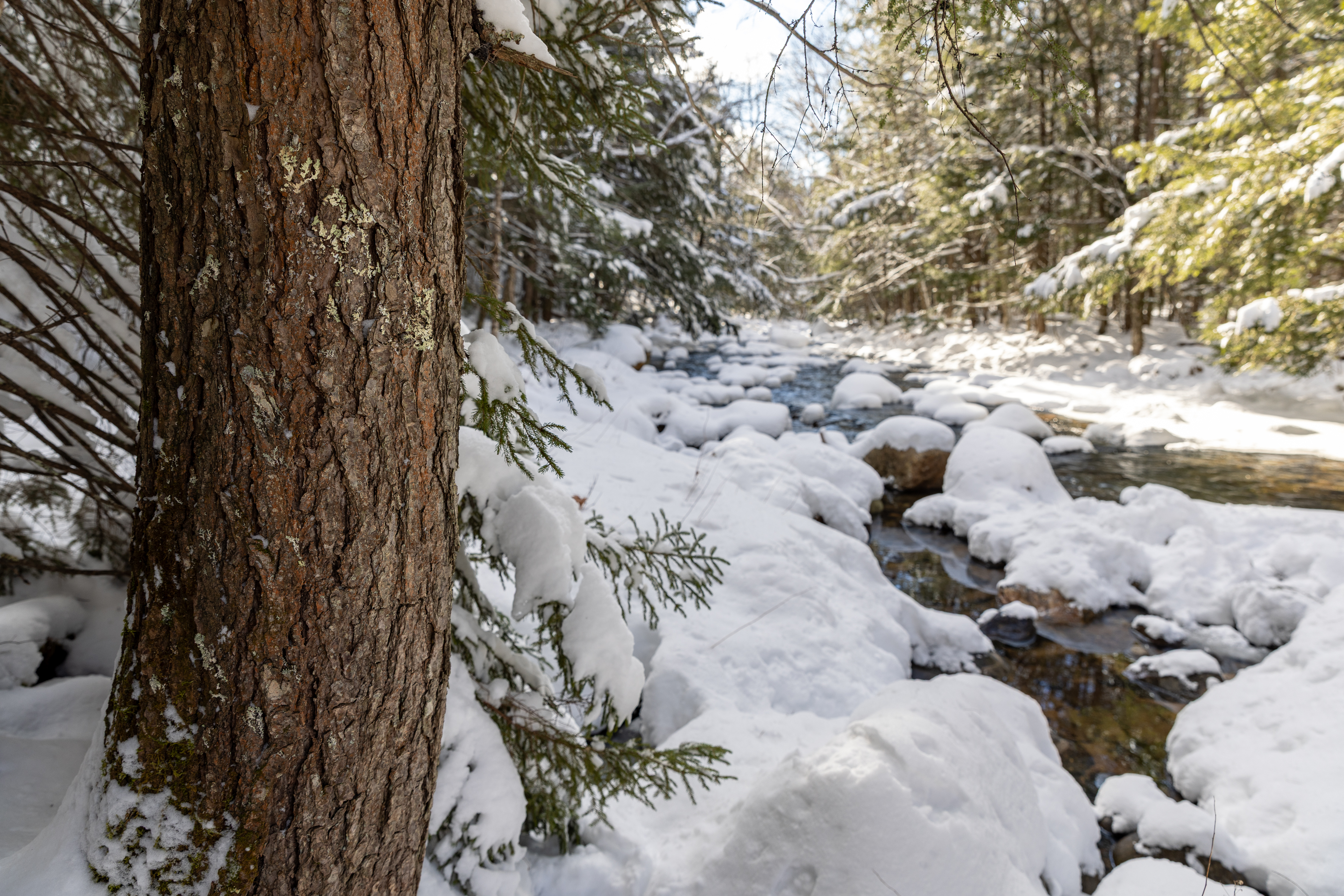HB 1210 and SB 405
HB 1210
In the last Forest Advocate, we discussed the Forest Society’s opposition to HB 1210, legislation which would establish a legislative committee to study the effect of current use taxation on small and rural municipalities. This bill raised many concerns but at a basic level it is simply anti-land conservation. If its intent is truly to figure out the fiscal condition of municipal tax bases, then the bill should also examine the cost to communities from commercial, industrial and residential development. In addition, a study must also consider the benefits to communities from preserving open space. Just as importantly, a credible study should involve a broad range of stakeholders tasked with reviewing the benefits and effect of current use taxation. HB 1210 is silent on all these issues.
We are hopeful the NH House of Representatives will vote to table HB 1210 when it meets on March 21 or March 22. When a legislative body takes this step, they have postponed or suspended consideration of the bill for an indefinite period of time. Typically, they do this because they either oppose the bill or have serious reservations with it. If the legislative session ends and the bill has not been taken off the table by a majority vote, the bill dies.
SB 405
While we were addressing the problems with HB 1210, the Senate Ways and Means Committee regrettably approved another bill with a similar anti-conservation intent. SB 405. While bill supporters would say the bill is only studying issues concerning current use, the bill in reality raised many concerns. Chief among these concerns are the following:
- The scope of Senate Bill 405’s study is limited to small and rural municipalities. However, Current Use is a statewide program. Total New Hampshire acreage is 5,742,659.18. There are 3,008,456.44 acres enrolled in Current Use. This is 52.39 percent of the state.
- The Commission membership is too narrow. Limiting the membership of a legislative commission to 5 individuals/interests would limit the range of input the Commission would consider. For the study to be credible, all the stakeholders with an interest and expertise with Current Use should be represented.
- The scope of the study is vague. SB 405 seeks to study the “effect of current use taxation on small and rural municipalities” but it is not clear what “effect” is being studied.
- Current Use is also a significant part of the state’s tax structure/system. To conduct such a limited and flawed study of it will not lead to any credible recommendations.
Fortunately, the full New Hampshire Senate recognized these problems and voted 18-6 in favor of tabling this bill. Because that was voice vote, there is not a recorded summary of the how each member’s position on SB 405. However, we do want to thank the New Hampshire Senate for reinforcing through their vote the demonstrated connection between the preservation of open space and New Hampshire’s high quality of life.
